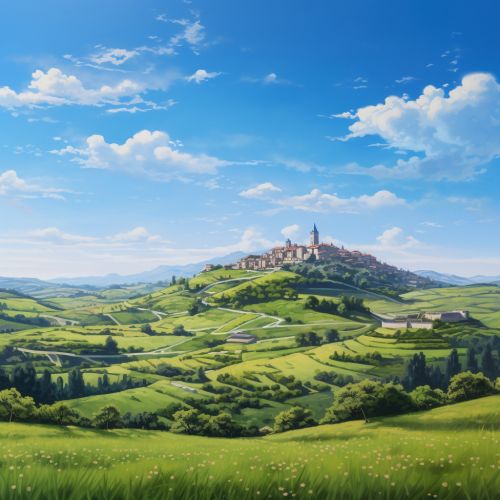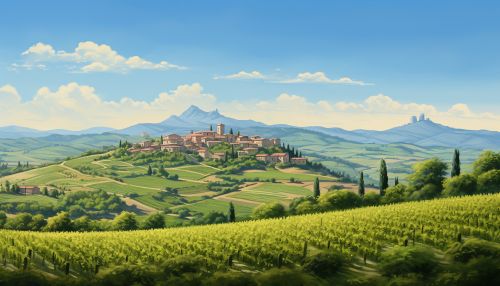Raiano
Geography
Raiano is a comune and town located in the Province of L'Aquila within the Abruzzo region of Italy. It is situated in the central part of the country, nestled within the Apennine Mountains. The town is surrounded by a picturesque landscape of rolling hills, lush greenery, and meandering rivers.


History
The history of Raiano dates back to the prehistoric era. Archaeological findings suggest that the area was inhabited by the Samnites, an ancient Italic people who lived in the southern part of the peninsula. The town was later conquered by the Romans in the 3rd century BC. During the Middle Ages, Raiano was a feudal estate under the control of various noble families.
Architecture
Raiano is home to several notable architectural landmarks. The Church of Santa Maria delle Grazie, built in the 14th century, is a prime example of medieval architecture. The church houses a precious wooden statue of the Madonna delle Grazie, which is venerated by the local population. The town also boasts several well-preserved medieval buildings and structures that provide a glimpse into its rich history.
Economy
The economy of Raiano is primarily based on agriculture and livestock farming. The fertile soil and favorable climate make it an ideal location for growing a variety of crops, including olives, grapes, and cereals. The town is also known for its production of high-quality olive oil and wine.
Culture
Raiano is rich in cultural traditions that are deeply rooted in its history. The town hosts several annual festivals and events that celebrate its heritage. The Feast of the Madonna delle Grazie, held in September, is one of the most important religious events in the town. The event includes a procession of the statue of the Madonna through the streets of Raiano, followed by a grand feast and various cultural activities.
